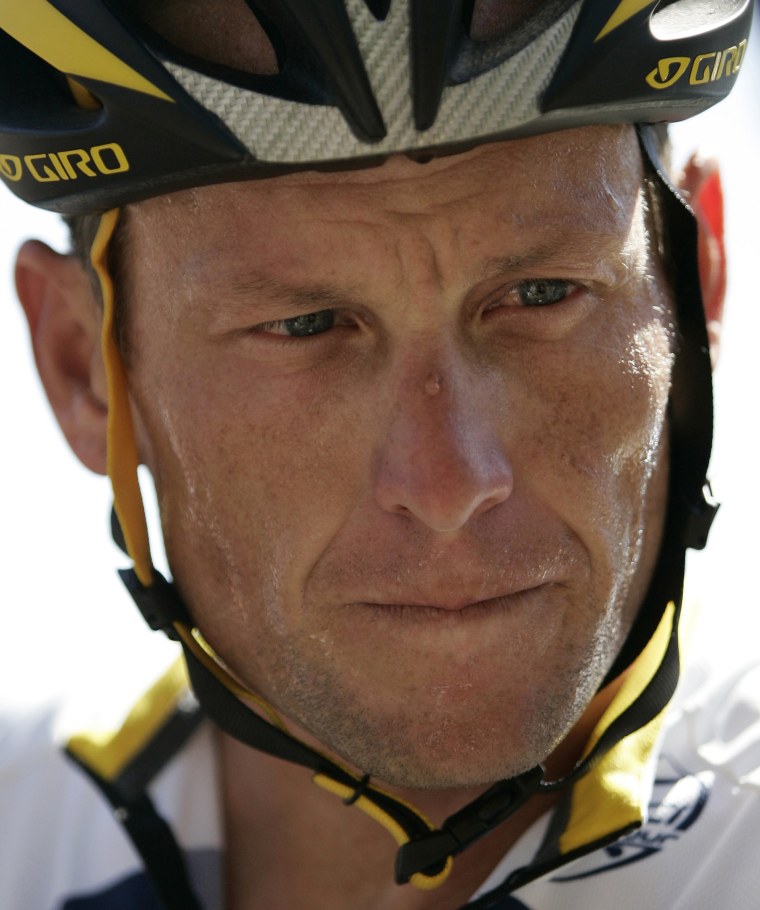Lance Armstrong's dramatic fall from grace was largely buried beneath cable news campaign coverage this week. But beyond the narrative of corruption in cycling and the science of blood doping to assess the severity of his transgressions, one thing Armstrong’s backslide does reinforce is America’s dysfunctional relationship with its “heroes.”
Armstrong, like many American heroes, has an exceptional personal story. Raised by a single mother, he ascended to great heights as an elite athlete. After being diagnosed with testicular cancer, Armstrong fought an aggressive battle with the disease—and won. He went on to win an unprecedented seven Tour de France titles, started his own foundation and raised hundreds of millions of dollars in the fight against cancer. The only problem is that according to a U.S. Anti-Doping Agency report, Armstrong’s entire narrative is based on a lie.
Rather than draw similarities between Armstrong and other disgraced athletes, there’s another comparison that comes to mind. Remember the fall of Greg Mortenson, former mountain climber and author of the book “Three Cups of Tea” who started his own foundation to build schools for girls in Afghanistan? He never quite ascended to the same heroic heights as Armstrong, but his charity work was arguably even more impressive—that is until 60 Minutes exposed him as a fraud. He’s accused of misusing his charity’s funds and lying about the number of girls’ schools he built. He’s also been ordered to pay back $1 million to his charity for misusing funds.
More often than not, good people do bad things. Does Armstrong’s doping negate all of the lives he’s helped save through his charity work? And what if Mortenson only built half the number of girls’ schools in Afghanistan and Pakistan he says he did. Should he not get recognition for the schools he actually did build? I would argue that both men’s work still has merit and that each has contributed more to the betterment of society than most.
I am not an apologist for bad behavior. Liars should be held accountable and cheaters should be ordered to pay restitution to those they have swindled. But the notion of the infallible hero is naïve. I often wonder if the desire to recognize perfection in others has more to do with insulating us from the imperfections we see in ourselves. To err is human…even for a hero.
A fall from grace is always steeper if you’re plunging from the top of a pedestal.
